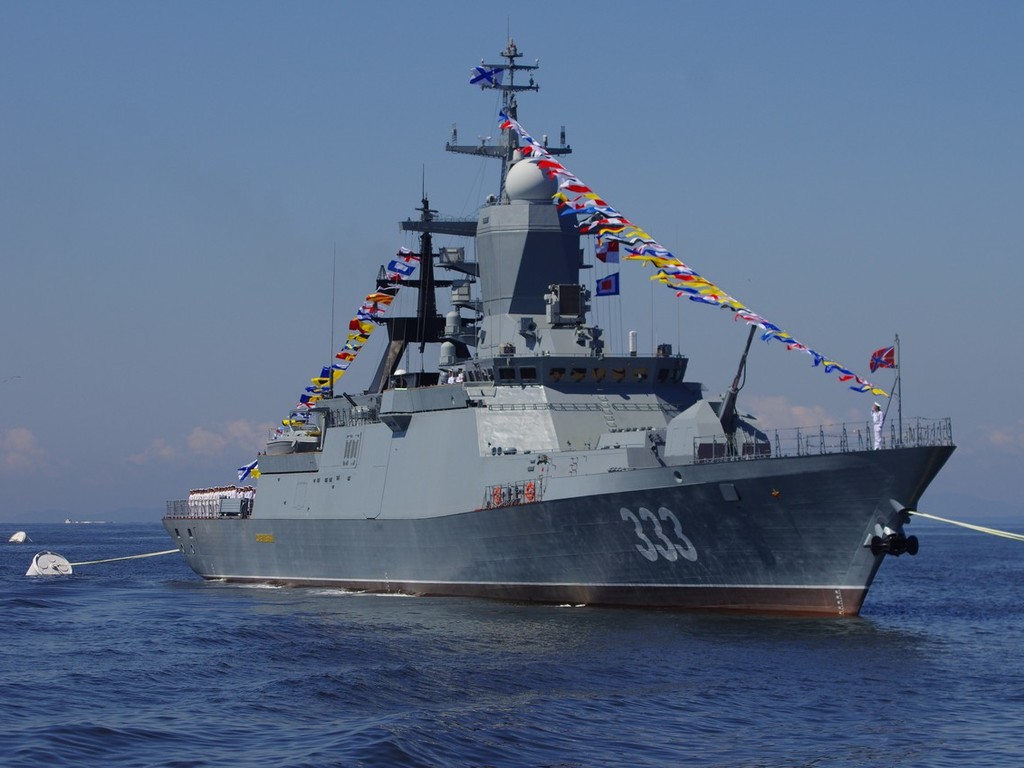
Vladivostok is the main base of the Russian Pacific Navy. That’s why the Russian Navy Days is celebrated in Vladivostok in a big way. At 11:00 the traditional parade of ships and show with demonstration of military engineering (including submarine, helicopters and aircrafts) at the water station of the Pacific Navy starts. Tug-boats will perform traditional waltz on the water accompanied with the Song and Dance Ensemble of the Russian Pacific Fleet. At 22:00 festive fireworks are held.
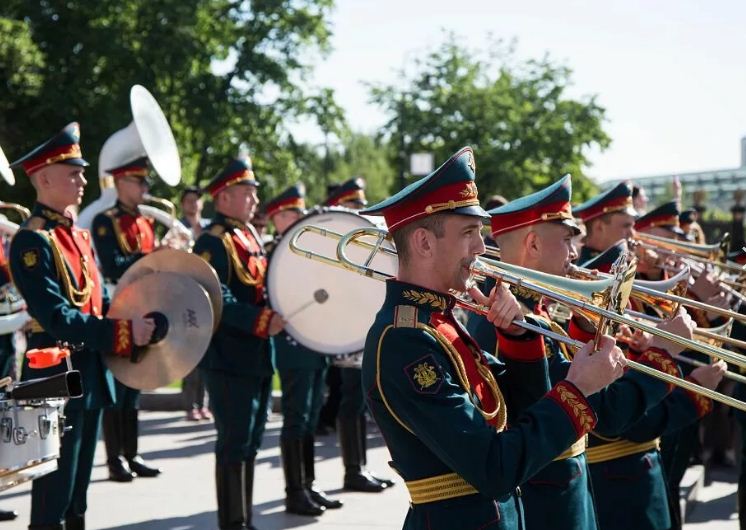
The central event of Khabarovsk City Day celebrations (the last Saturday of May) is traditional festival of military brass bands — the Amur Waves. The Amur Waves is very popular in Russia waltz composed in 1903 by Maks Kyuss, Kapellmeister of the East Siberian Regiment quartered in Vladivostok. Now it is actual musical brand of the Russian Far East. The first Amur Waves festival was held in 2012 for the 200th anniversary of the Patriotic War of 1812 (French invasion of Russia). Traditionally military brass bands from different regions of Russia and neighbouring countries take part in this colourful event. In different years military brass bands from South and North Korea, Mongolia, Japan, Singapore were guests of the Amur Waves festival.

Aboriginal population of the Khabarovsk Territory is Tungusic peoples of Evenks, Nanai, Oroch, Udege. Every year on the International Day of the World’s Indigenous Peoples festival of native peoples of the Khabarovsk Territory is held in Khabarovsk. Programme of festival arranged at the Khabarovsk Territory Park named after Nikolay Muravyov-Amursky (diplomat and statesman who played the main role in Russian expansion into the Far East in the mid-XIX c.) laid out on the Amur River bank includes master classes on traditional crafts and demonstration of national costumes. Everyone will be able to play traditional games of the indigenous peoples populating the Khabarovsk Territory and to taste dishes of their national cuisine. The festivities will be attended by folk groups, masters of decorative-applied art, representatives of indigenous communities.
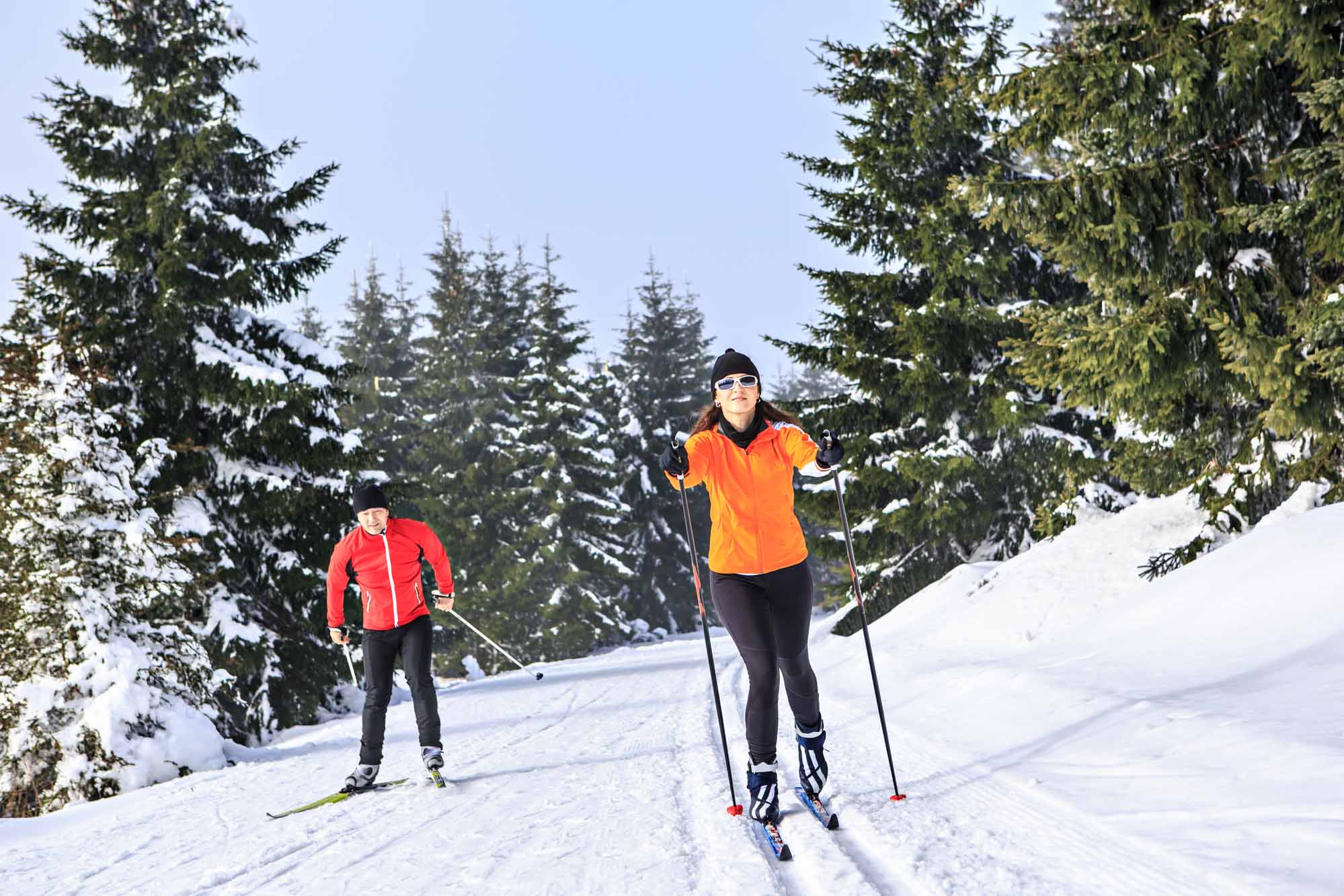
Every year in April The Yelena Välbe Ski Track cross-country skiing festival is held in Magadan, the city where the legend of the world sport Yelena Välbe was born and where she lived till 1991. During her sport career she became three-time Olympic champion, 14-time winner of the FIS Nordic World Ski Championships (including all 5 gold medals of the 1997 championship in Trondheim), five-time winner of the FIS Cross-Country World Cup. Among the participants of the numerous ski heats adapted for all ages, genders and physical conditions (including people with disabilities) are young athletes and veterans of sports, cross-country skiing amateurs and well-known sportsmen-skiers specially coming for the Välbe Track. Special tents with hot tea and various snacks are pitched near the ski track.
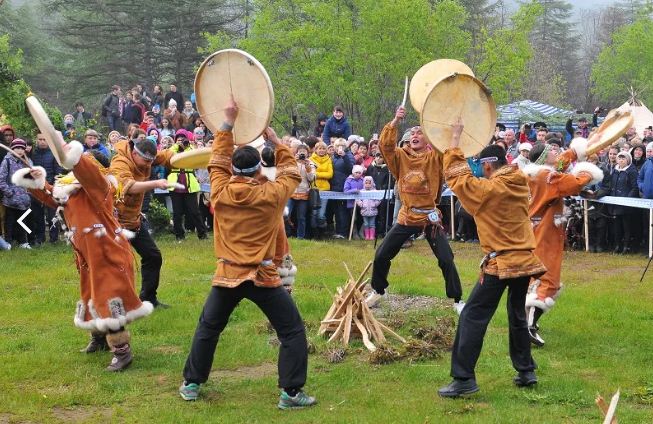
In the second half of June Khebdenek Even Folklore Festival devoted for Even traditional celebration of the summer solstice, the so-called Even New Year is held in Magadan. Guests of the festival can visit all chums (traditional temporary dwellings used by the Uralic and Tungusic nomadic peoples of Siberia and other north-western regions of Asia) pitched at the picturesque glade surrounded by majestic hills not far from Magadan city by the representatives of different reindeer herding communities competing for the title of “the best chum on this side of the Milky Way». Usually the celebration is arranged with the observance of national traditions and all obligatory rites and rituals (among them is Kheide – dance in a ring symbolizing solar circle), concerts, game and sports programs, competitions between reindeer herding communities for the best preparation of tea, fresh fish-soup, traditional national dishes, etc. Traditionally the Ener (the Star) national ensemble of the Magadan Regional Philharmonic Society and other local song and dance ensembles take part in the celebrations. Visiting the festival you can chance to purchase authentic local souvenirs: charms, purses, glasses cases, beaded «baubles», necklace, amulets etc.

Everybody knows about the famous White Night period in St. Petersburg. White Nights is one of the main brands of the city. Every year many guests from all parts of the World aspire to visit St. Petersburg in this period. Situated practically at the same latitude Magadan also has own White Nights approximately at the same period (since the middle of June till the middle of July). Every year local city authorities arrange the White Nights celebration on the last Saturday of June. This White Nights celebration in Magadan is like other numerous city holidays arranged in other cities of Russia for other occasions and includes a big concert at the main square.
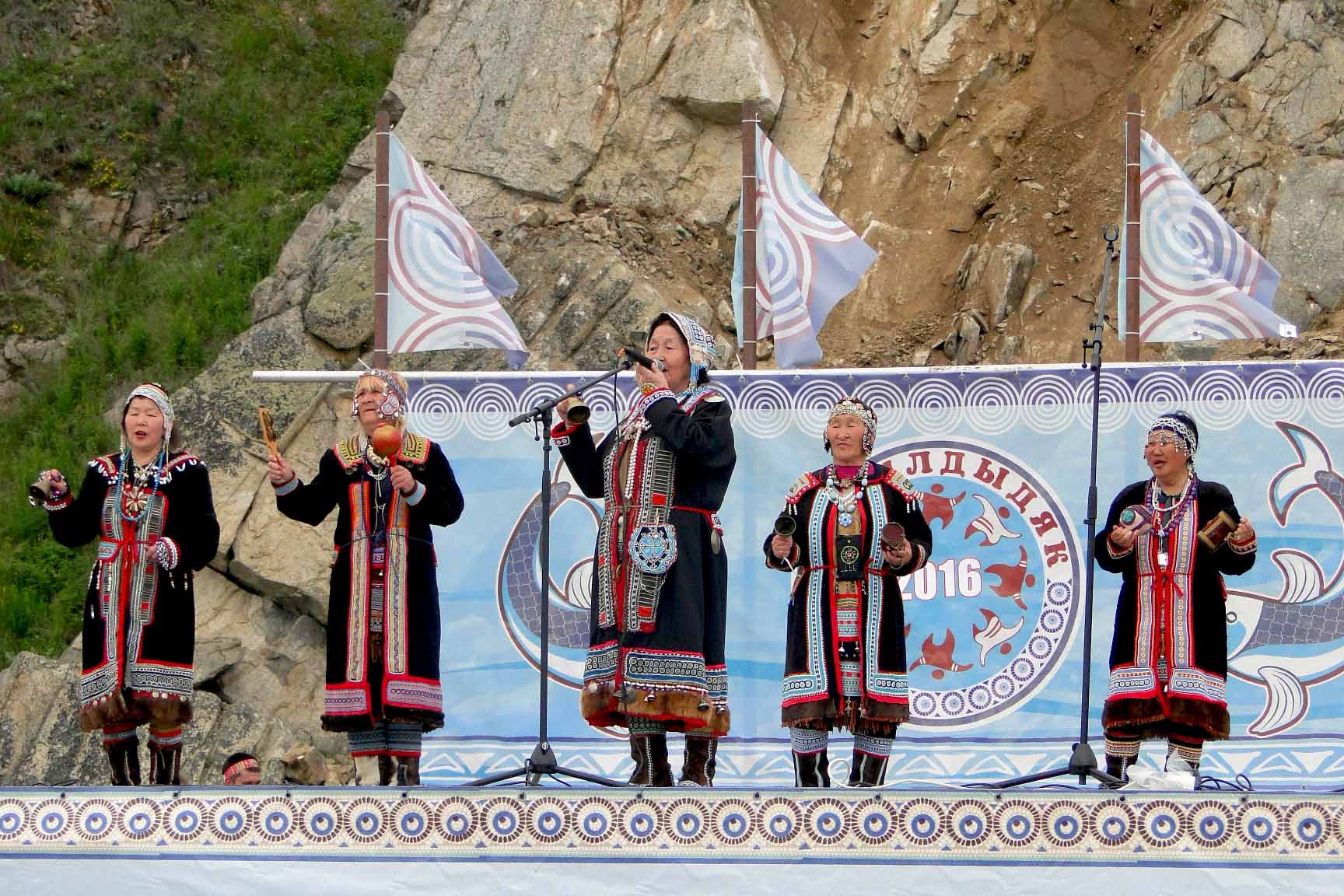
The Bakyldydyak is traditional Even celebration of the First Fish arranged every year in July at the famous for Magadan Nyuklya Spit, place where Yuri Bilibin’s expeditions landed in 1928 getting discovering and industrial development of the Kolyma River drainage-basin gold resources off the ground. In the olden times the Even reindeer herders agreed in advance for the meeting near the mouth of the river in time for the salmon spawning. At the appointed time they left their camps leaving only a few people to look out for deer and moved to the sea coast. There they fished and stored up yukola (dried fish) for winter. On the sea shore young men competed in running, wrestling, jumping, archery, throwing of the lasso. Different tribal groups of the Evens presented their traditions, songs, legends. This tradition has survived to the present day. Representatives of the Magadan Region native peoples come to the Nyuklya Spit and pitch their yurtas (traditional conical nomad’s huts) and chums (traditional temporary dwellings used by the Uralic and Tungusic nomadic peoples of Siberia and other north-western regions of Asia). The festival starts with a traditional performance of the fire, the sea and the nets feeding. While fishermen catch fish the guests of the festival can see traditional dances and songs performed by local folklore ensembles and purchase souvenirs, amulets and traditional national clothing of the local native peoples. Everybody has a chance to taste original fresh fish-soup of the fish just caught by fishermen.
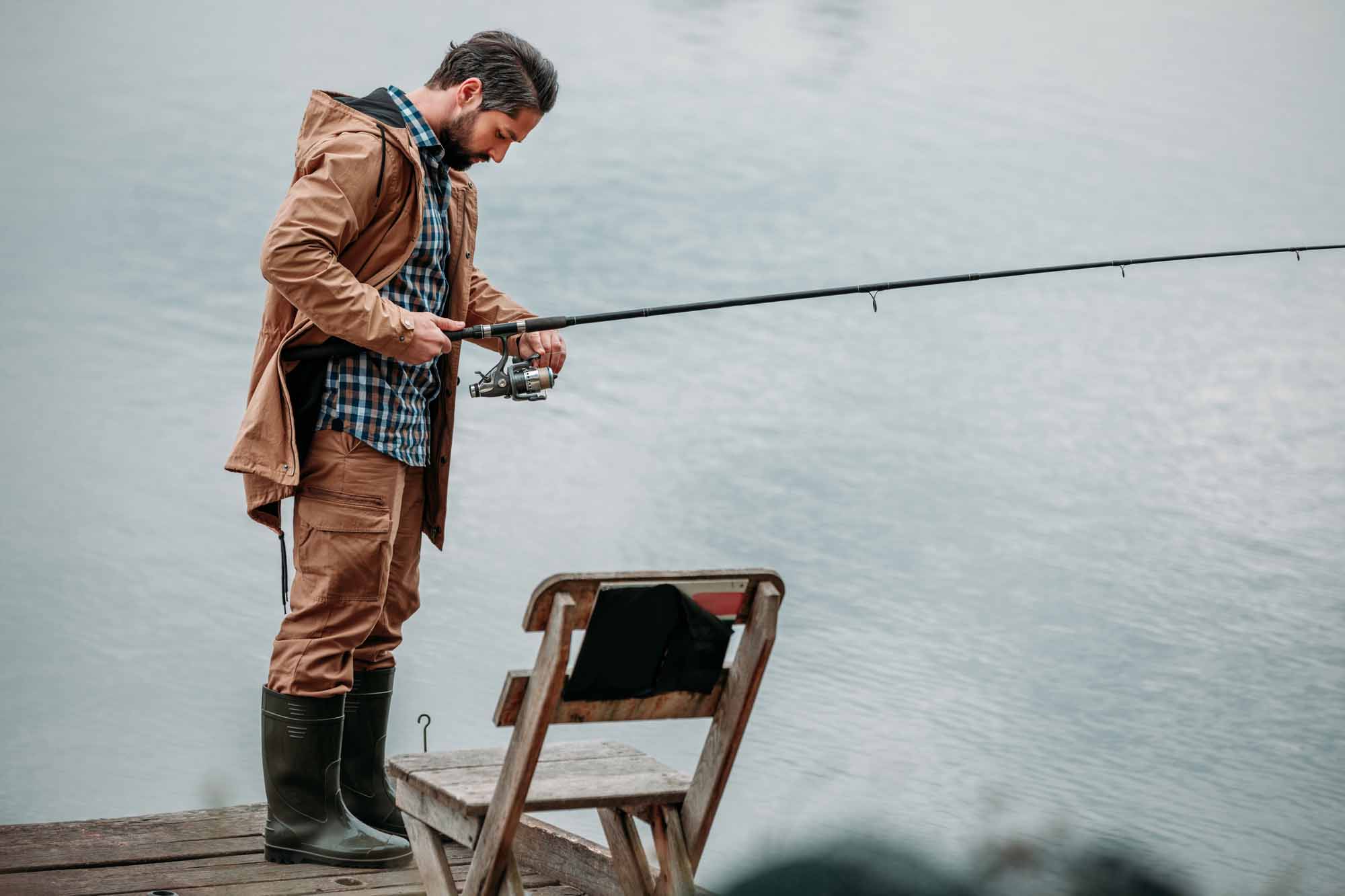
Established in the USSR in 1965 (and still officially celebrated in Russia and Ukraine) the Fisherman’s Day was one of the numerous professional days celebrated in the USSR. Magadan is located at the Sea of Okhotsk shore and also there is a lot of rivers and springs on the territory of this region. Fishing industry is one of the main branches of local economics and one of the favorite local activities. That’s why the Fisherman’s Day (the second Sunday of July) is actual national holiday in the Magadan Region. On this day many people (groups of friends and whole families) come to the license areas of the Sea of Okhotsk coast not only to fish but mainly just to relax and enjoy the sea breeze.
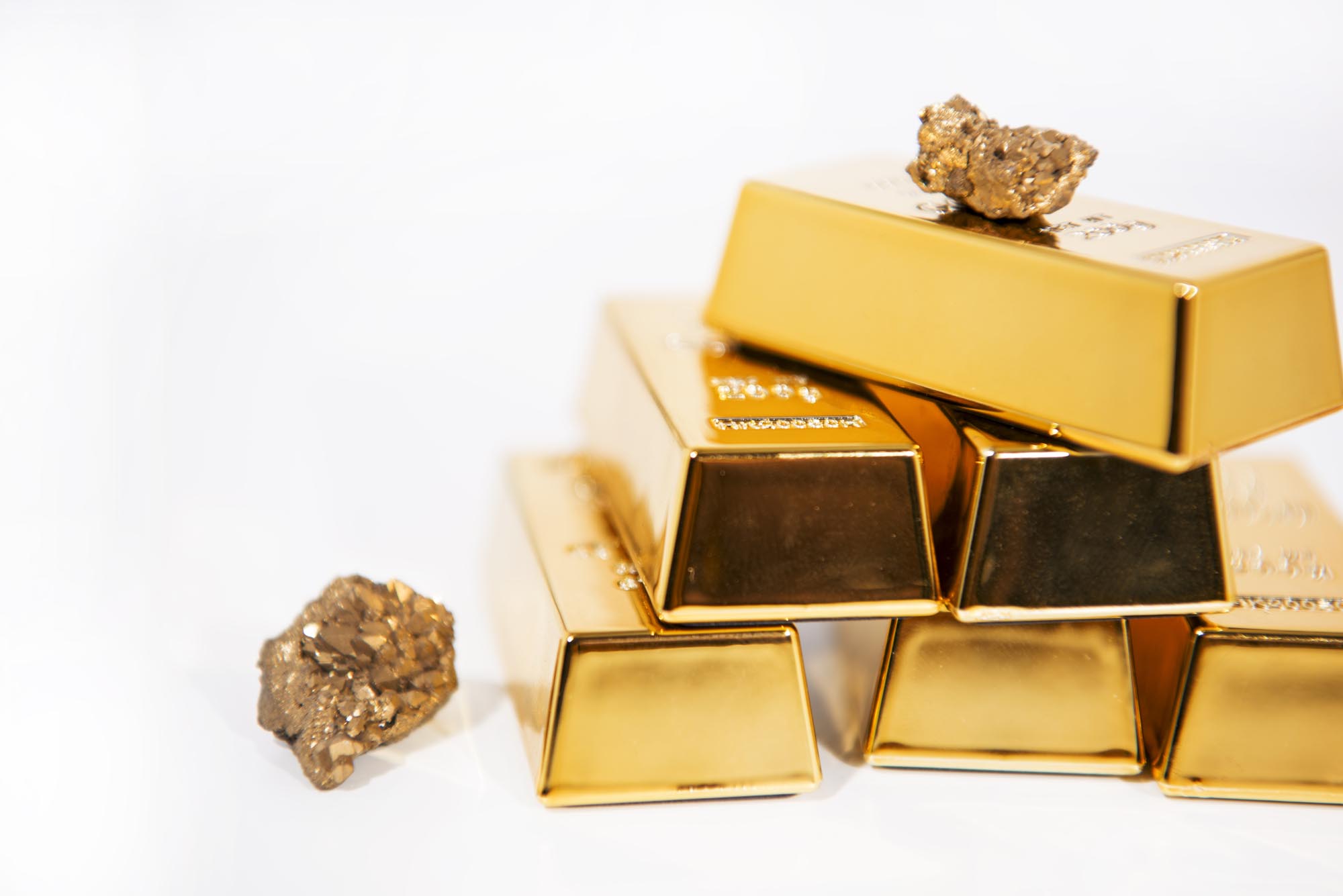
The Magadan Region (often called just the Kolyma in Russia) is known for its gold industry. That’s why every year competition of gold-diggers held in July is very popular local event. The name of the festival (probably from German “Fahrt” (drive) or from “Fortune”) refers to the Stalin’s Gulag past of the Kolyma and means “good luck” in Russian criminal cant language. Participants of the Gold-digger’s Fahrt Festival compete in the original old way gold prospecting with pans. All technology, materials and pans are the same as in the XVII c.. A real immersion to the past is very informative event for all participants and spectators. For those who have never dealt with a prospecting pan experienced gold-diggers arrange a master class. The organizers provide the participants with two cubic meters of gold-bearing sands. During 30 minutes everyone has the right to pan off any number of breeds. To win you have to pan out as much gold as possible and it does not depend on the volume of the sand paned off but on the quality of the prospecting. When the time is over the gold-diggers have to collect gold grains from the pan of manually, then let it dry out over a fire in the usual cans and to separate the gold from adhering pieces of rock before the control weighing. The holiday is always followed with interesting cultural program.
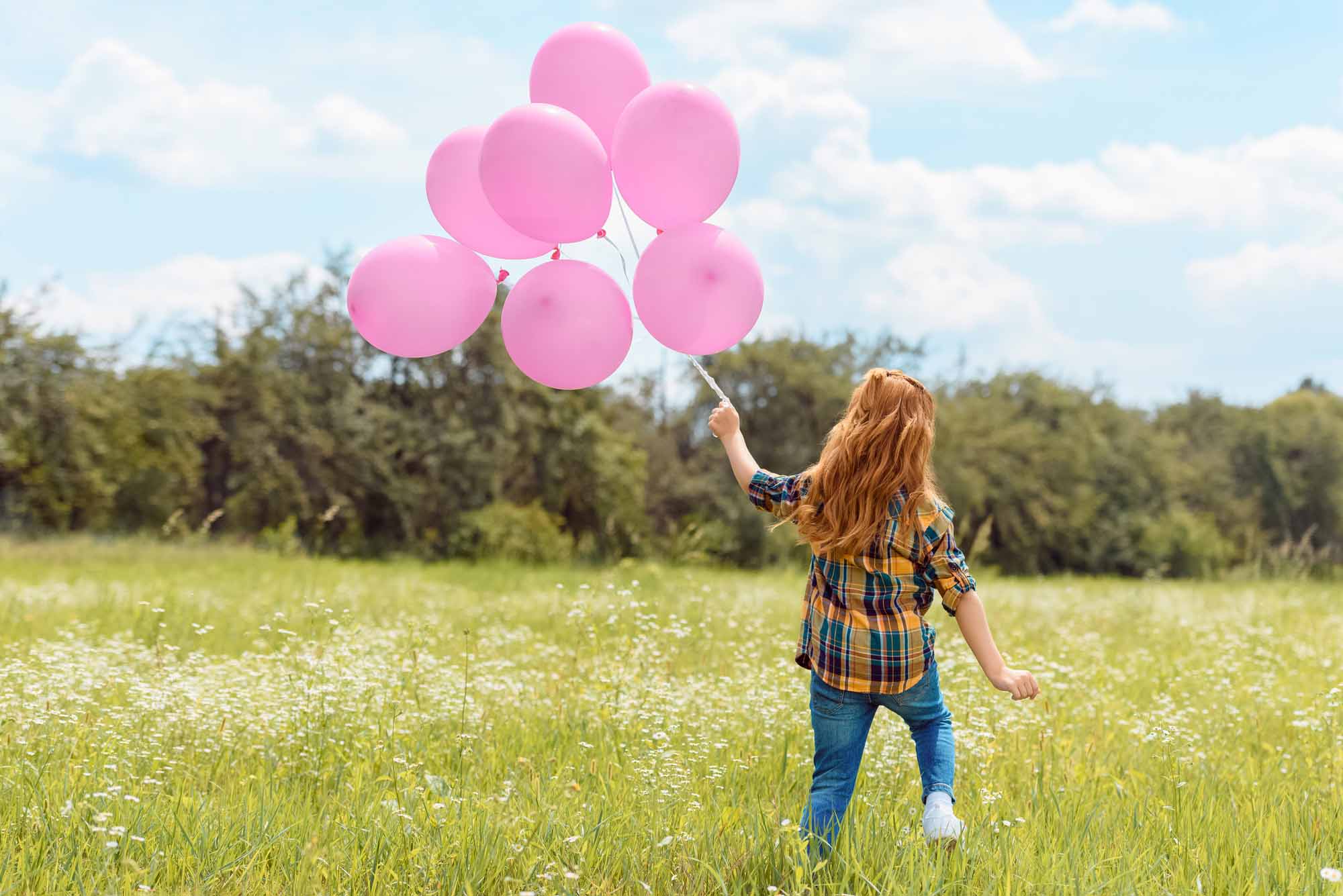
Programme of Yuzhno-Sakhalinsk City Day held every year on the second Saturday of September includes a festive procession through the main streets of the city, performance of the youth groups at the central square of the city (Lenin Square), the City of Masters fair at the city park where local masters present their works of art and crafts and where visitors can buy original souvenirs. In different parts of the city interesting game programs and athletic performance, fitness marathons are arranged. At the main street of the city (you have guessed: its name is the Lenin Street) children playground and place for drawing on the pavement is located. On the Communist Avenue festival of national cultures where small peoples of the world present their talents is held. In the evening at the regional Government House evening entertainment with participation of famous Russian actors specially coming on this day to the island is arranged.
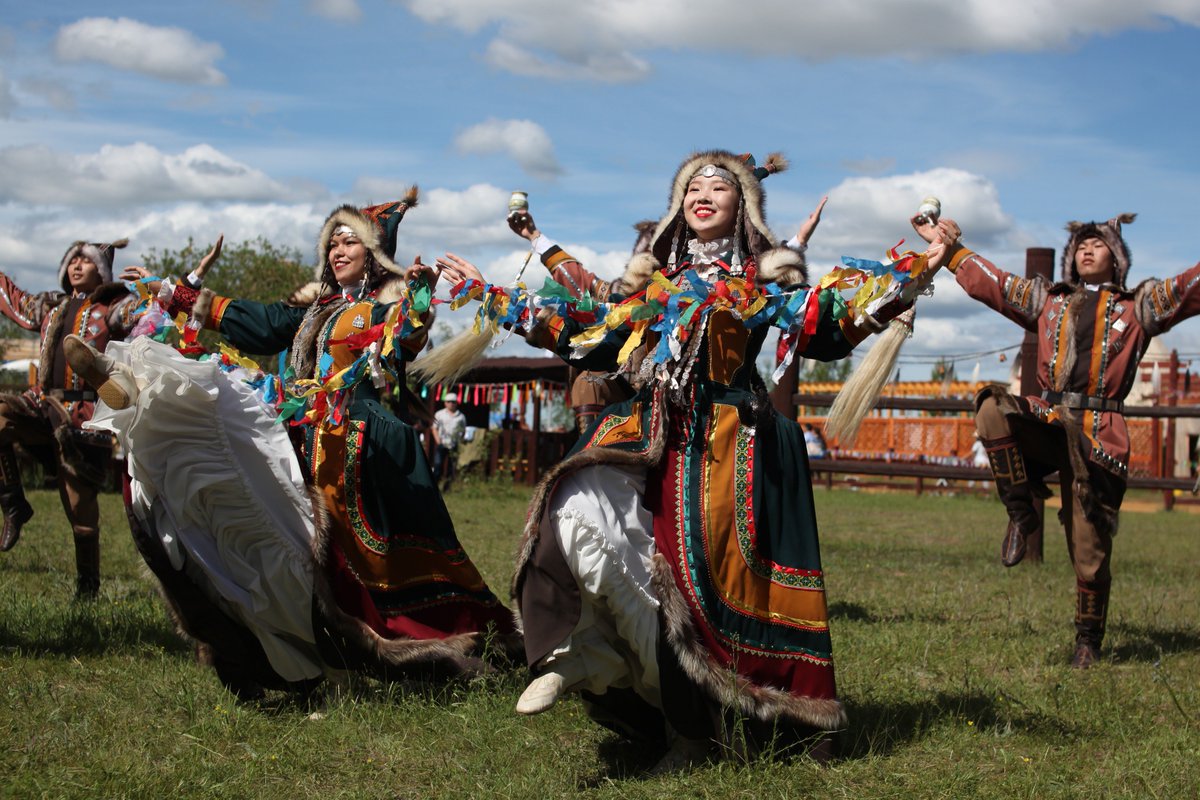
Every year the Yhyakh traditional Yakut people New Year celebration connected with June solstice, holiday of renewing of the Nature and the Man is held at Us Khatyn area not far from Yakutsk. Central activities of the festival is competition of narrators of Olonkho heroic epic of Yakuts and Okuokhai — simultaneous round dance and song symbolizing the Circle of Life. The celebration is ended with sunrise watching as a symbol of purification of the soul.